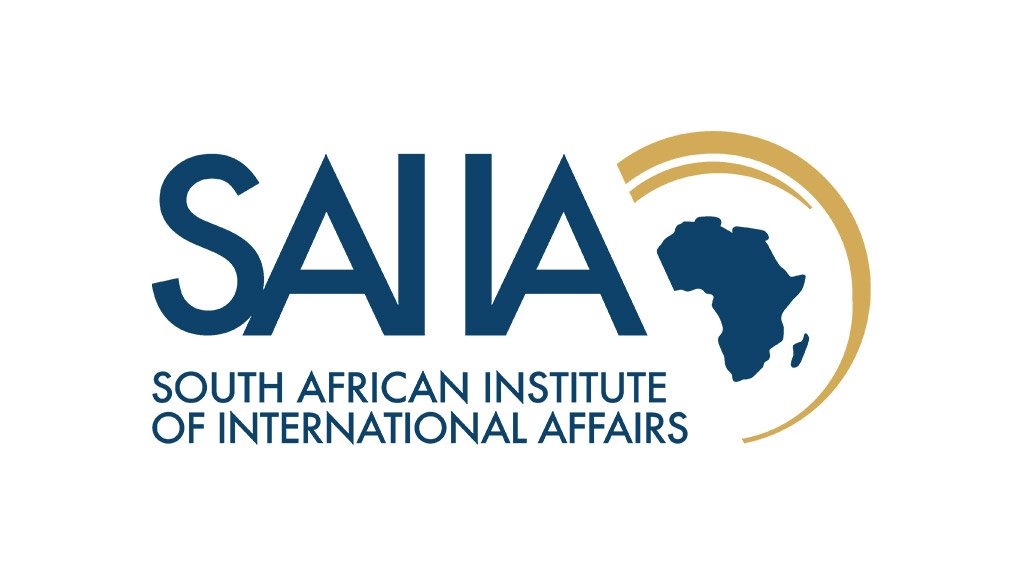South African Institute of International Affairs (SAIIA) chief executive Elizabeth Sidiropoulos has said the two-year Covid-19 pandemic is one of the reasons a fragile multilateralism has accelerated tension and weaknesses in the system.
She noted that multilateralism and its fragility had been a topic of discussion and concern over a number of years.
“On one level, it's mobilised cooperation globally but on another level, when we talk about how cooperation rolled out in terms of medical equipment, vaccines, clearly I think there were issues there. There wasn’t the kind of multilateral mobilisation to the extent possible,” Sidiropoulos added.
She also pointed out that over the last two decades, Africa had built up a peace and security architecture that was supposed to enable it to deal with conflicts on its own rather than rely exclusively on external decision-making and intervention.
However, the continent has witnessed growing external involvement in conflicts in North Africa and the Sahel, coups in West Africa and an insurgency in northern Mozambique.
She also referred to the situation that faces Europe, with the invasion of Ukraine by Russia.
“From an African perspective, all this, not just the current medium circumstances but also the broader challenges that multilateralism has been facing for some time, are issues that have significant implications for the way in which we are structured as a continent but also the way in which we engage with international institutions,” Sidiropoulos said.
Meanwhile, Mapungubwe Institute for Strategic Reflection director operations Yacoob Abba Omar said there was not sufficient attention paid to democratic institutions during those periods when democracy prevailed in countries which had suffered from coups.
He added that there was a tendency for “new or weak democracy” to invite coups and he said part of the reason was that the institutions were “not sorted out”.
“The most important thing when looking at coups is the weak or lack of international condemnation of this, whether it’s the African Union or United Nations,” he said.
EMAIL THIS ARTICLE SAVE THIS ARTICLE ARTICLE ENQUIRY
To subscribe email subscriptions@creamermedia.co.za or click here
To advertise email advertising@creamermedia.co.za or click here











